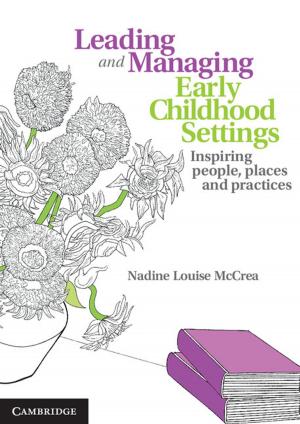The Government of Social Life in Colonial India
Liberalism, Religious Law, and Women's Rights
Nonfiction, History, Asian, India, Social & Cultural Studies, Social Science| Author: | Rachel Sturman | ISBN: | 9781139411400 |
| Publisher: | Cambridge University Press | Publication: | June 29, 2012 |
| Imprint: | Cambridge University Press | Language: | English |
| Author: | Rachel Sturman |
| ISBN: | 9781139411400 |
| Publisher: | Cambridge University Press |
| Publication: | June 29, 2012 |
| Imprint: | Cambridge University Press |
| Language: | English |
From the early days of colonial rule in India, the British established a two-tier system of legal administration. Matters deemed secular were subject to British legal norms, while suits relating to the family were adjudicated according to Hindu or Muslim law, known as personal law. This important new study analyses the system of personal law in colonial India through a re-examination of women's rights. Focusing on Hindu law in western India, it challenges existing scholarship, showing how - far from being a system based on traditional values - Hindu law was developed around ideas of liberalism, and that this framework encouraged questions about equality, women's rights, the significance of bodily difference, and more broadly the relationship between state and society. Rich in archival sources, wide-ranging and theoretically informed, this book illuminates how personal law came to function as an organising principle of colonial governance and of nationalist political imaginations.
From the early days of colonial rule in India, the British established a two-tier system of legal administration. Matters deemed secular were subject to British legal norms, while suits relating to the family were adjudicated according to Hindu or Muslim law, known as personal law. This important new study analyses the system of personal law in colonial India through a re-examination of women's rights. Focusing on Hindu law in western India, it challenges existing scholarship, showing how - far from being a system based on traditional values - Hindu law was developed around ideas of liberalism, and that this framework encouraged questions about equality, women's rights, the significance of bodily difference, and more broadly the relationship between state and society. Rich in archival sources, wide-ranging and theoretically informed, this book illuminates how personal law came to function as an organising principle of colonial governance and of nationalist political imaginations.















